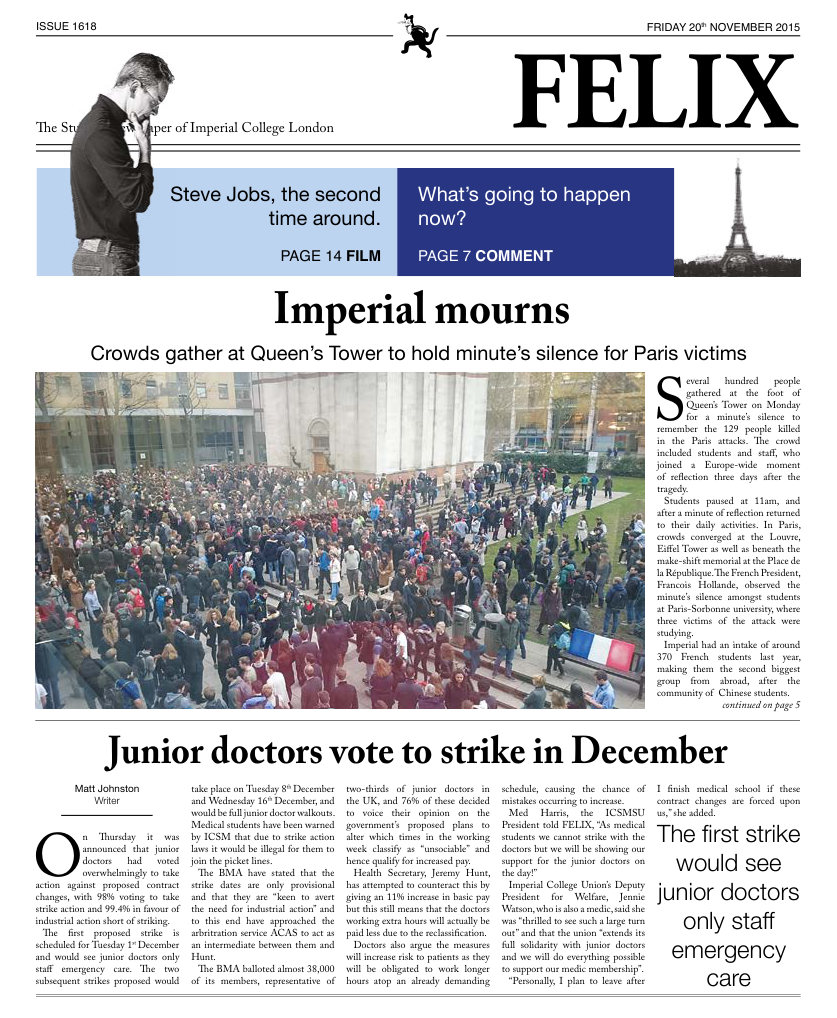Chinese professor dumped for dissidence
After a colleague reported his social media updates, he found himself demoted from his management position
Professor Liang Xinsheng of Lingnan Normal University has lost his managerial position in light of posts made on Weibo expressing discontent over social issues. The demotion has been widely seen as a symptom of an increasing crackdown on dissent in academia, a crackdown led by China’s premier Xi Jinping.
Professor Xinsheng was in the midst of competition for the position of departmental deputy chair when a rival colleague reported him for posts containing ‘radical views’ made between 2012 and 2014, the professor claims. This has led to him being dropped from the managerial staff in the university, as reported by the South China Morning Post, although he still retains his position as professor. The case serves to highlight the new wave of measures being exerted in the by the Chinese state following the distribution of a government communiqué, dubbed “Document Nine”.
Liberal academics have come under increasing pressure
The document is a response to the perceived spread of dissent in the country’s “public lectures, seminars, university classrooms” and the accompanying “infiltration” of China’s “ideological sphere” with liberal western ideas. Beyond the wordy preface its message to authorities and institutions is summarized as such: tow the party line, punish dissent. This suppression has steadily intensified following the appointment of President Xi Jingping, who visited the UK and Imperial College in late October.
While Mr. Jingping has been hailed as an economic reformer, his appetite for political reform has been less than encouraging. As reported by the Guardian, liberal academics have been coming under increasing pressure from the state since his appointment in 2012. This reflects a move back to a more unilateral style of governance that is less tolerant of free thinking. This aggressive promotion of the party message is evidenced by the Beijing city government’s decision to spend £20.3 million teaching Marxism in the city’s universities.
Professor Xinsheng’s case has garnered wide media attention, despite government authorities directing state media outlets not to “hype” the story, as reported by the China Digital Times. However, to think that, given the last few years, this case or its widespread coverage will cause any reversal or relaxation of these types of policies in perhaps naïeve, and such policies may continue to be implemented under Xi Jingpeng’s leadership.







